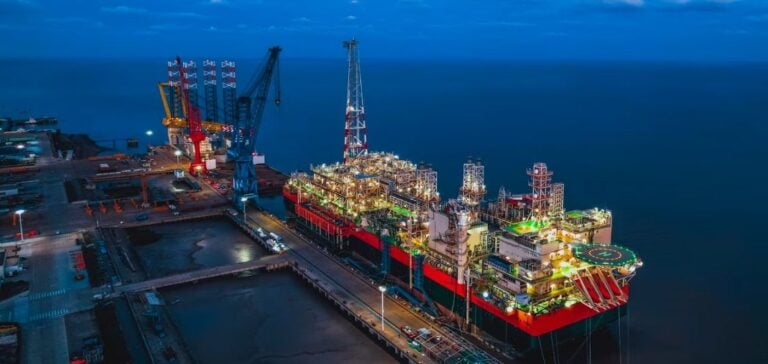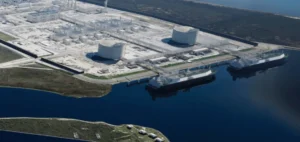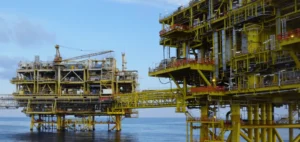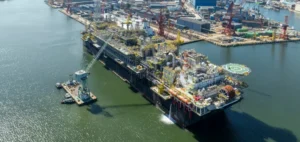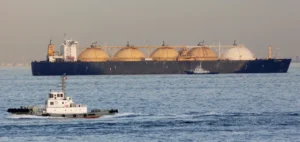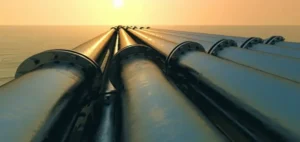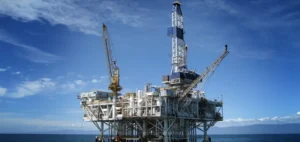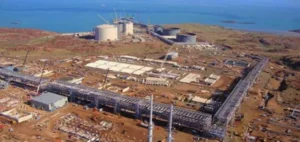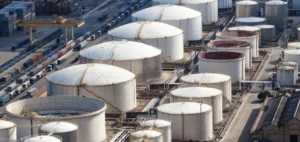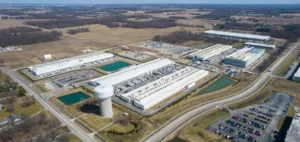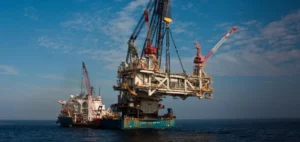Senegal and Mauritania have reached a critical milestone in their energy partnership with the opening of the first well of the Grand Tortue/Ahmeyim (GTA) gas field. This project, located along the maritime border between the two countries, aims to produce 2.5 million tons of liquefied natural gas (LNG) annually.
Developed in collaboration with international companies BP and Kosmos Energy, alongside public entities Société Mauritanienne des Hydrocarbures (SMH) and Petrosen, the project represents a major shift in the energy strategies of both states. The opening of this well signals the beginning of testing phases, with commercialization expected in the coming months, according to sector stakeholders.
A Joint Energy Strategy
The GTA project aligns with a shared ambition to secure a foothold in the global energy market. While the expected volumes are modest compared to major gas exporters, the initiative reflects a strong commitment to leveraging natural resources to drive local economic growth.
Senegal, which recently initiated oil production at Sangomar, aims to diversify its revenue sources and accelerate economic development. For Mauritania, the project provides a strategic opportunity to strengthen its position on Africa’s energy map.
Political and Economic Challenges
The joint exploitation of GTA also raises questions about governance and transparency. Senegalese President Bassirou Diomaye Faye reiterated his commitment to responsible management of oil and gas resources, announcing an audit of contracts in the sector. This approach aims to maximize benefits for local populations and ensure equitable revenue distribution.
Additionally, the cooperation between the two nations is viewed as a model for bilateral partnerships in natural resource management, a field often fraught with geopolitical tensions.
Significant Investments
The development of the GTA project required substantial investments and relies on advanced offshore infrastructure. Although production has been delayed, industrial partners believe that this milestone will be a turning point for the project’s profitability.
With exports primarily targeting international markets, the economic impact for both countries will depend on their ability to secure long-term supply contracts in an increasingly competitive landscape.

